
In the face of adversity, resilience is what sets individuals apart. It is the ability to bounce back from setbacks, to overcome obstacles, and to thrive in the face of challenges. Resilience is not just a trait, but a skill that can be developed and honed over time.
Resilience is about more than just surviving; it is about thriving. It is about finding the strength to keep going, even when the odds are stacked against you. Resilient individuals are able to adapt to change, to learn from failure, and to find opportunities in the midst of chaos.
Resilience is not something that is innate; it is something that can be cultivated. It requires a mindset shift, a belief in one’s own abilities, and a willingness to persevere. Resilience is not about denying or ignoring the challenges that come our way, but about facing them head-on and finding ways to overcome them.
Building resilience takes time and effort. It requires self-reflection, self-awareness, and a commitment to personal growth. It means learning from past experiences, embracing failure as a stepping stone to success, and developing a positive mindset that sees setbacks as opportunities for growth.
Resilience is not just about individual strength, but also about the support and connections we have with others. Building a strong support network, seeking help when needed, and surrounding ourselves with positive influences can all contribute to our ability to bounce back from adversity.
In conclusion, resilience is the key to building strength and overcoming challenges. It is a skill that can be developed and honed over time, and it requires a mindset shift and a commitment to personal growth. By embracing failure, seeking support, and finding opportunities in the midst of chaos, we can cultivate resilience and thrive in the face of adversity.
Developing Resilience

Resilience is a valuable quality that can be developed and strengthened over time. Here are some strategies to help you develop resilience:
- Build a strong support network: Surround yourself with positive and supportive people who can provide encouragement and guidance during challenging times.
- Practice self-care: Take care of your physical, mental, and emotional well-being. Engage in activities that bring you joy and help you relax.
- Set realistic goals: Break down big goals into smaller, manageable tasks. Celebrate your achievements along the way to boost your confidence.
- Develop problem-solving skills: Learn to approach problems with a positive mindset and search for solutions. Use setbacks as opportunities for growth and learning.
- Cultivate optimism: Focus on the positive aspects of a situation and maintain a hopeful outlook. Remind yourself of past successes and how you overcame challenges.
- Practice adaptability: Be open to change and willing to adjust your plans when necessary. Embrace new opportunities and learn from experiences outside your comfort zone.
- Seek support when needed: Don’t be afraid to ask for help when facing difficult situations. Reach out to trusted friends, family members, or professionals for guidance and support.
- Practice self-reflection: Take time to reflect on your experiences and learn from them. Identify your strengths and areas for improvement, and use this knowledge to grow and develop resilience.
Remember, developing resilience is a process that takes time and effort. By implementing these strategies, you can build your resilience and overcome challenges with strength and determination.
Cultivating a Growth Mindset

In order to develop resilience, it is important to cultivate a growth mindset. A growth mindset is the belief that abilities and intelligence can be developed through dedication and hard work. This mindset allows individuals to view challenges and setbacks as opportunities for growth and learning.
When faced with difficulties, those with a growth mindset are more likely to persevere and find ways to overcome obstacles. They understand that failure is not a reflection of their abilities, but rather a stepping stone on the path to success. Instead of giving up when faced with a setback, they see it as an opportunity to learn from their mistakes and improve.
Cultivating a growth mindset involves changing how we think about ourselves and our abilities. Instead of seeing ourselves as fixed and unchangeable, we start to believe that we have the power to improve and grow. This shift in mindset can be challenging, as it requires us to let go of limiting beliefs and embrace the idea that we can always learn and improve.
One way to cultivate a growth mindset is to focus on the process rather than the outcome. Instead of solely focusing on the end result, we can shift our attention to the effort and progress we are making along the way. By celebrating small victories and acknowledging the effort we put in, we can develop a more positive and resilient mindset.
Another way to cultivate a growth mindset is to embrace challenges and see them as opportunities for growth. Instead of avoiding difficult tasks, we can approach them with curiosity and a willingness to learn. By stepping out of our comfort zones and taking on new challenges, we can develop new skills and expand our capabilities.
In conclusion, cultivating a growth mindset is essential for building resilience. By embracing challenges, focusing on the process, and believing in our ability to improve, we can develop the mindset needed to overcome obstacles and thrive in the face of adversity.
Building Emotional Intelligence
Resilience is not only about bouncing back from challenges, but also about developing emotional intelligence. Emotional intelligence refers to the ability to recognize, understand, and manage our own emotions, as well as the emotions of others. It plays a crucial role in building resilience and overcoming obstacles.
Developing emotional intelligence involves cultivating self-awareness, empathy, and effective communication skills. When we are self-aware, we are able to identify our own emotions and understand how they impact our thoughts and behaviors. This self-awareness allows us to better manage our emotions and make more informed decisions.
Empathy is another important aspect of emotional intelligence. It involves understanding and sharing the feelings of others. By being empathetic, we can connect with others on a deeper level, build stronger relationships, and offer support during challenging times.
Effective communication skills are also essential for building emotional intelligence. Clear and open communication allows us to express our emotions and needs, as well as listen to others with empathy and understanding. It helps us navigate conflicts, build trust, and collaborate effectively.
Building emotional intelligence takes time and practice. It involves self-reflection, self-regulation, and continuous learning. By developing emotional intelligence, we can build resilience and strengthen our ability to overcome challenges. It allows us to adapt to change, maintain positive relationships, and thrive in the face of adversity.
Key takeaways:
- Emotional intelligence is crucial for building resilience.
- It involves self-awareness, empathy, and effective communication.
- Developing emotional intelligence takes practice and continuous learning.
- It helps us adapt to change, maintain positive relationships, and thrive in adversity.
Practicing Self-Compassion
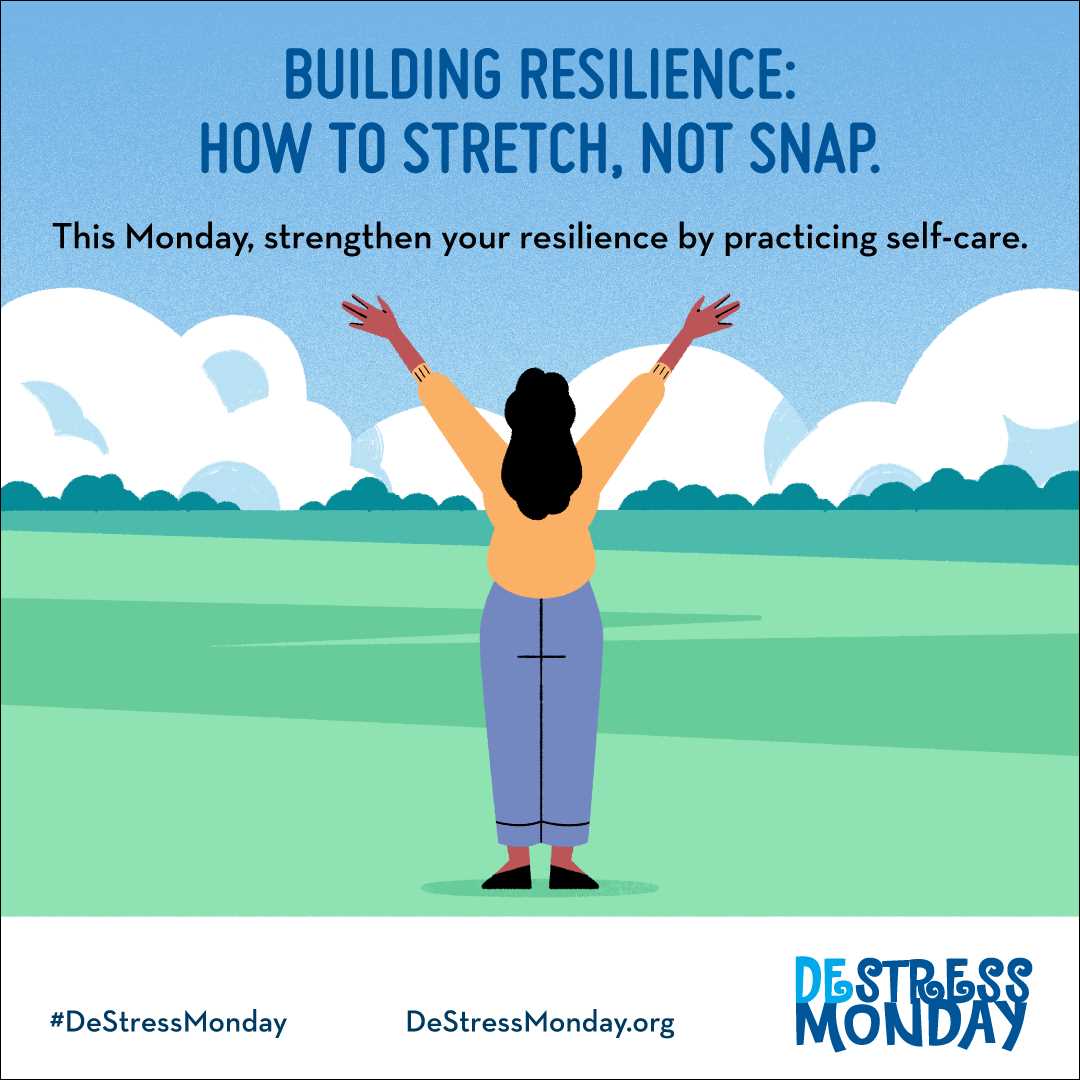
Self-compassion is a key component of building resilience and overcoming challenges. It involves treating yourself with kindness, understanding, and acceptance, especially during difficult times. By practicing self-compassion, you can develop a strong sense of self-worth and inner strength that will help you navigate through life’s ups and downs.
One way to practice self-compassion is to be mindful of your thoughts and emotions. Instead of judging yourself harshly or beating yourself up for making mistakes, try to approach yourself with kindness and understanding. Acknowledge that everyone makes mistakes and that it is a natural part of being human. Treat yourself with the same compassion and forgiveness that you would offer to a close friend or loved one.
Another important aspect of self-compassion is self-care. Taking care of your physical, mental, and emotional well-being is essential for building resilience. Make sure to prioritize activities that bring you joy and help you relax, such as engaging in hobbies, spending time with loved ones, or practicing mindfulness and meditation. Taking time for yourself and practicing self-care can help you recharge and build the strength needed to overcome challenges.
It’s also important to set realistic expectations for yourself. Instead of striving for perfection, focus on progress and growth. Understand that setbacks and failures are part of the learning process and an opportunity for personal development. By setting realistic goals and celebrating small victories along the way, you can cultivate a sense of self-compassion and resilience.
Lastly, surround yourself with a supportive network of friends and loved ones who uplift and encourage you. Having a strong support system can provide you with the emotional support and guidance needed during challenging times. Reach out to others for help when needed and remember that you don’t have to face difficulties alone.
| Key Points: |
|---|
| Practicing self-compassion is essential for building resilience. |
| Mindfulness and self-care are important aspects of self-compassion. |
| Set realistic expectations and focus on progress and growth. |
| Surround yourself with a supportive network of friends and loved ones. |
Overcoming Challenges
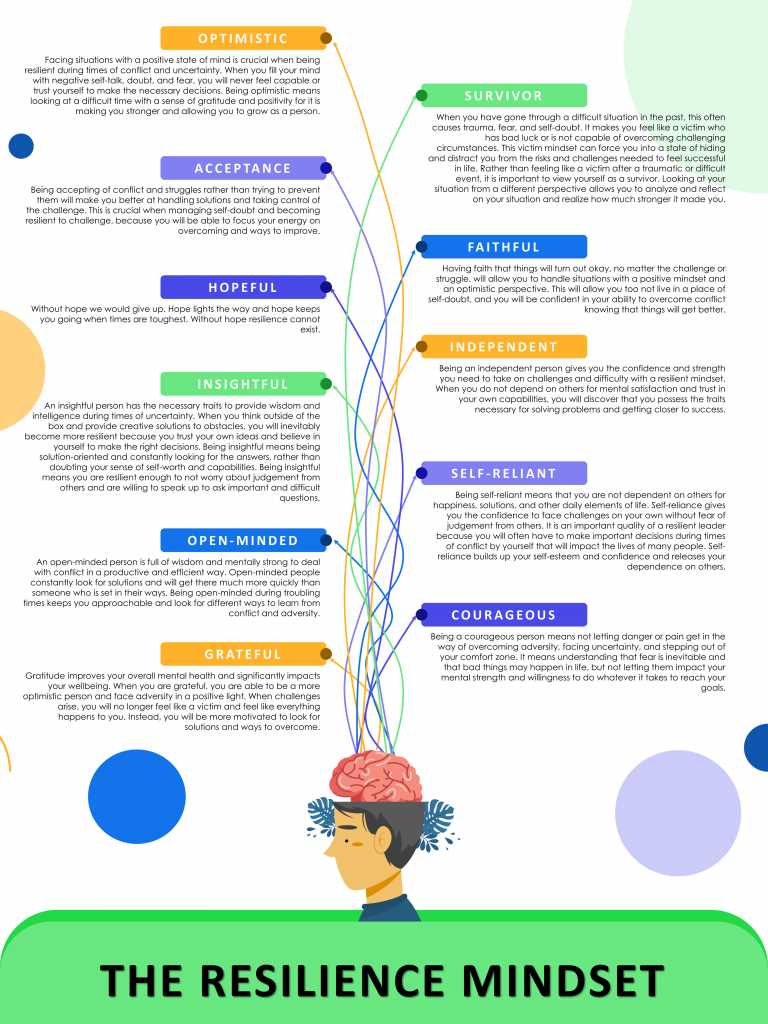
When faced with challenges, resilience is the key to overcoming them. Resilience allows individuals to bounce back from difficult situations and adapt to change. It is the ability to stay strong and persevere even when things get tough.
One of the key aspects of overcoming challenges is having a positive mindset. Believing in oneself and maintaining a positive attitude can make all the difference in overcoming obstacles. It is important to remember that challenges are a part of life and that they can provide opportunities for growth and development.
Another key factor in overcoming challenges is having a support system. Surrounding oneself with supportive friends, family, or mentors can provide encouragement and guidance during difficult times. They can offer advice, lend a helping hand, or simply be a listening ear.
Setting goals and breaking them down into smaller, manageable steps is another important strategy for overcoming challenges. By setting achievable goals, individuals can focus on making progress and taking small steps forward. This can help to build confidence and momentum, making it easier to overcome obstacles.
Finally, it is important to learn from challenges and use them as opportunities for personal growth. Reflecting on past challenges and identifying the lessons learned can help individuals develop resilience and become better equipped to face future challenges.
In conclusion, overcoming challenges requires resilience, a positive mindset, a support system, goal-setting, and a willingness to learn and grow. By cultivating these qualities, individuals can build strength and overcome any challenge that comes their way.
Setting Realistic Goals
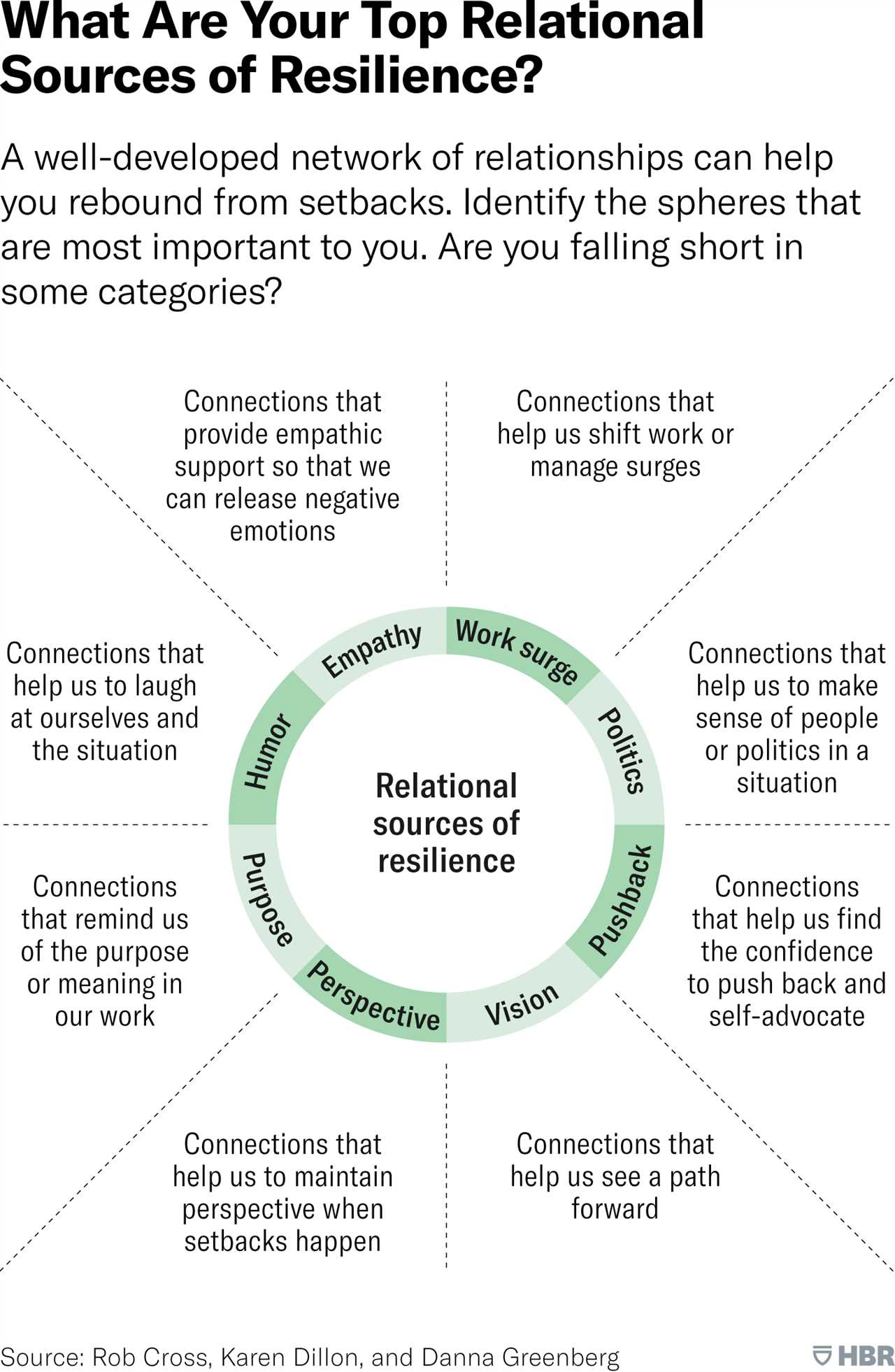
Setting realistic goals is a key component of resilience. When facing challenges, it is important to have a clear vision of what you want to achieve and to set goals that are attainable.
One key aspect of setting realistic goals is to make sure they are specific and measurable. Instead of setting a vague goal like “I want to be successful,” try setting a goal like “I want to increase my sales by 10% over the next quarter.” This allows you to track your progress and measure your success.
Another important factor is to set goals that are within your control. While it’s great to have big dreams and aspirations, it’s important to focus on the things you can actually influence. Setting goals that are within your control allows you to take action and make progress, even in the face of challenges.
It’s also important to set goals that are realistic and achievable. While it’s good to push yourself and aim high, setting goals that are too lofty can be demotivating and lead to frustration. By setting goals that are realistic, you increase your chances of success and build confidence along the way.
In addition, setting goals that align with your values and priorities is crucial. When your goals are in line with what truly matters to you, you are more likely to stay motivated and resilient when faced with obstacles. Consider what is most important to you and set goals that reflect those values.
In conclusion, setting realistic goals is a key aspect of building resilience. By setting specific, measurable, and achievable goals that are within your control and aligned with your values, you increase your chances of success and overcome challenges with strength and determination.
Embracing Failure as a Learning Opportunity
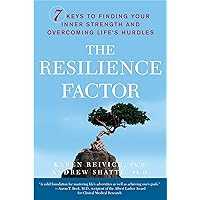
Resilience is not just about bouncing back from challenges, but also about embracing failure as a learning opportunity. When we face failure, it can be easy to feel discouraged and defeated. However, by changing our perspective and seeing failure as a chance to grow and improve, we can develop resilience and overcome even the toughest obstacles.
Failure is an inevitable part of life, and no one is immune to it. Everyone, from the most successful individuals to the average person, has experienced failure at some point. The key to resilience lies in how we respond to failure. Instead of dwelling on our mistakes, we can choose to view failure as a valuable lesson and an opportunity for growth.
When we embrace failure as a learning opportunity, we open ourselves up to new possibilities. We can analyze what went wrong, identify areas for improvement, and make necessary changes. This process of self-reflection and self-improvement is crucial for building resilience. It allows us to develop new skills, gain knowledge, and become better equipped to handle future challenges.
Moreover, embracing failure as a learning opportunity helps us develop a growth mindset. Instead of believing that our abilities are fixed, we recognize that we can always learn and improve. This mindset empowers us to take risks, try new things, and push ourselves outside of our comfort zones. It allows us to view failure not as a reflection of our worth, but as a stepping stone towards success.
Resilient individuals understand that failure is not the end, but a necessary part of the journey towards achieving goals. They view setbacks as temporary obstacles that can be overcome with determination and perseverance. By embracing failure as a learning opportunity, we can cultivate resilience and build the strength needed to overcome any challenges that come our way.
In conclusion, resilience is not just about bouncing back from challenges, but also about embracing failure as a learning opportunity. By changing our perspective and seeing failure as a chance to grow and improve, we can develop resilience and overcome even the toughest obstacles. Embracing failure allows us to learn from our mistakes, develop a growth mindset, and become better equipped to handle future challenges. So, let us not fear failure, but embrace it as an opportunity for growth and resilience.
Seeking Support from Others
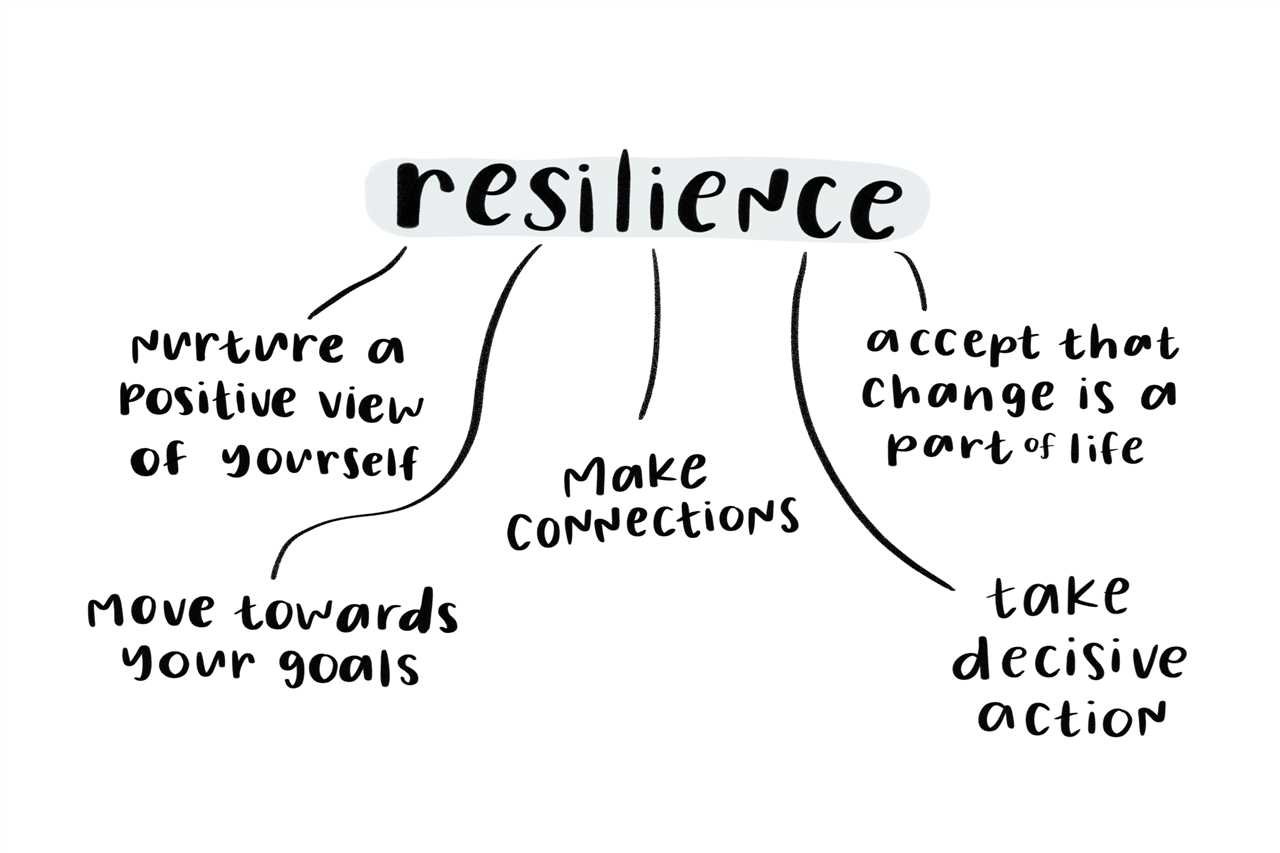
Resilience is the key to building strength and overcoming challenges. One important aspect of resilience is seeking support from others. When faced with difficult situations, it can be helpful to reach out to friends, family, or professionals for guidance and encouragement.
Having a strong support system can provide a sense of belonging and reassurance. It allows individuals to share their feelings and experiences, knowing that they are not alone in their struggles. By seeking support from others, people can gain different perspectives and insights that may help them navigate through tough times.
Support can come in many forms, such as emotional support, practical assistance, or simply a listening ear. Friends and family members can offer empathy, understanding, and words of encouragement. Professionals, such as therapists or counselors, can provide guidance and strategies for coping with challenges.
It’s important to remember that seeking support is not a sign of weakness, but rather a sign of strength. It takes courage to ask for help and to admit that we cannot do everything on our own. By reaching out to others, we can tap into their knowledge, experience, and resources, which can ultimately help us build resilience and overcome challenges.
In conclusion, seeking support from others is an essential part of building resilience. It allows us to connect with others, gain different perspectives, and receive the help and guidance we need to overcome challenges. Remember, resilience is not about facing challenges alone, but about utilizing the support and resources available to us.

I am Patrina de Silva, a psychologist and mental health blogger in Sri Lanka. After obtaining psychology degrees from the University of Colombo and Monash University, I returned home to work as a counselor while also starting the popular blog “Pressy but Happy” to provide advice on psychological issues. Over the past decade, my empathetic articles have made my blog a leading mental health resource in the country. In addition to writing, I maintain a private therapy practice, frequently volunteer counseling time, and conduct seminars, driven by my passion for destigmatizing mental illness and educating the public on the mind-body connection. I strive to be an influential voice in my field through my compassionate approach.
